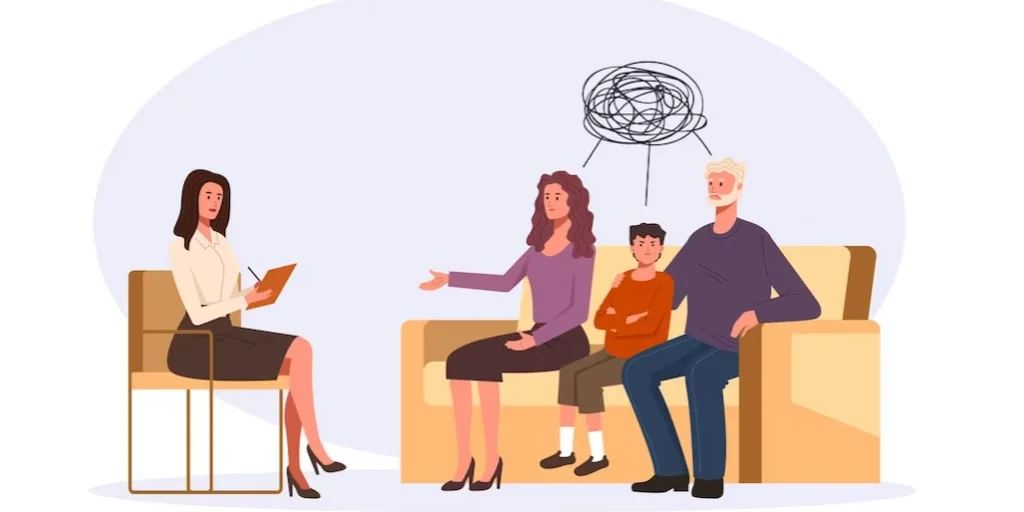24/7 Helpline:
(866) 899-221924/7 Helpline:
(866) 899-2219
Learn more about Bipolar Disorder Treatment centers in Gunnison
Bipolar Disorder Treatment in Other Cities

Other Insurance Options

Access to Recovery (ATR) Voucher

Magellan
Beacon

Lucent

Holman Group

GEHA

Evernorth

BlueShield

Meritain

Optum

MHNNet Behavioral Health

Ceridian

Medical Mutual of Ohio

Oxford

Ambetter

Covered California

Carleon

United Health Care

ComPsych

Choice Care Network

The Center for Mental Health
The Center for Mental Health is a non-profit organization and is governed by a board of directors re...

Teocalli Treatment Options
Teocalli Treatment Options offers outpatient treatmnet for individuals with alcohol and/or substance...

The Center for Mental Health – Crystal Hall
The Center for Mental Health is a non-profit organization and is governed by a board of directors re...































































